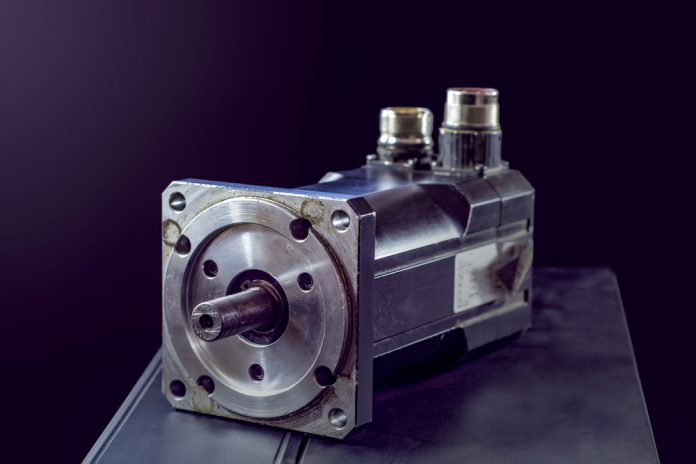There is a trend in the manufacturing industry to use electric linear actuators. This is for the automation of production lines. An electric linear actuator processes the rotation of an electric motor to deliver linear motion. It delivers it in the form of push/pull movements. But why would the manufacturing industry choose these devices? There are several advantages over other solutions, some of which are:
- Better performance in terms of accuracy in positioning;
- Better control of the stroke when speed is high;
- Ability to stop or restart the motion within a short time;
- Flexibility to operate in industrial environments with hostile conditions (high temperature, dust, etc.).
The design of electric linear actuators is faster. So is their production. The industry benefits from these facts. This means that the initial cost of this type of actuator can be relatively low. Different manufacturing industries use these actuators in their production lines. They will benefit from lower equipment expenses. Moreover, these actuators do not need much maintenance once they are installed. Also, they make more efficient use of energy. Thus, operation costs are reduced as well.
Last but not least, electric linear actuators do not pollute. Their environmental impact is very low. Their clean operation is suitable for industries such as the manufacturing of medical devices.
The Needs of the Electric Linear Actuators Industry
Most of the needs of this industry are driven by the demands of the manufacturing industries. After all, the final users determine what these devices must deliver. Automation of production lines is possible through robotics. Thus, linear actuators for faster and more accurate operations are in high demand. This way, robotics applications can integrate them effectively.
Some particular industries have requirements for extremely high accuracy in positioning. Precise control of the linear movement at the nanometer scale, for example, is mandatory for adaptable optics. Other industries like semiconductors manufacturing have similar requirements. Thus, the electric linear actuators industry has to come up with innovative ideas. This is necessary to meet these demands. For this sake, extensive R&D activities must be undertaken during this year.
Projections for the Global Market
Besides the different manufacturing industries, some processing industries demand electric linear actuators also. Extractive industries do it too. For instance, global actuators are also used in oil and gas as well as wastewater treatment. Thus, this year has witnessed significant growth in this industry. Last year, the market generated $18.36 billion. With a forecast CAGR of 6.6%, this market is projected to reach $28.73 by 2026. Oil and gas will be the largest contributor to this growth.
However, 2020 has been a difficult year for most industries. The electric linear actuators industry has not been an exception. The pandemic has disrupted the supply chain. Moreover, the demand for these electric devices by the manufacturing industry has plummeted. This impact has not been fully quantified yet. Most companies remain optimistic though, and innovation efforts have not been halted.
Find a Home-Based Business to Start-Up >>> Hundreds of Business Listings.

















































